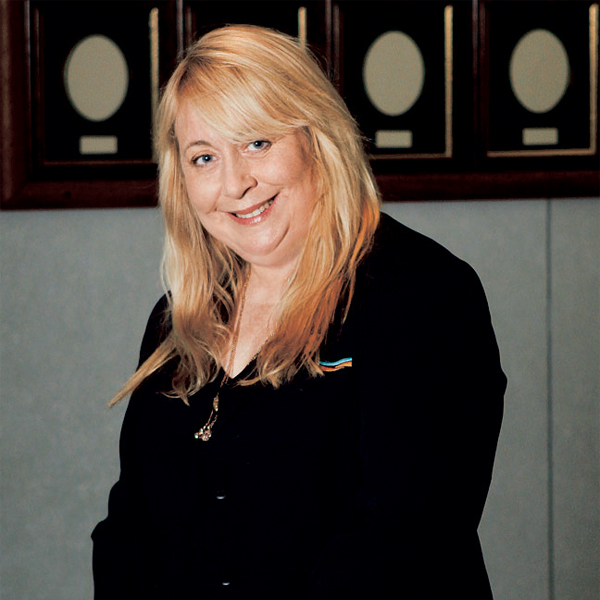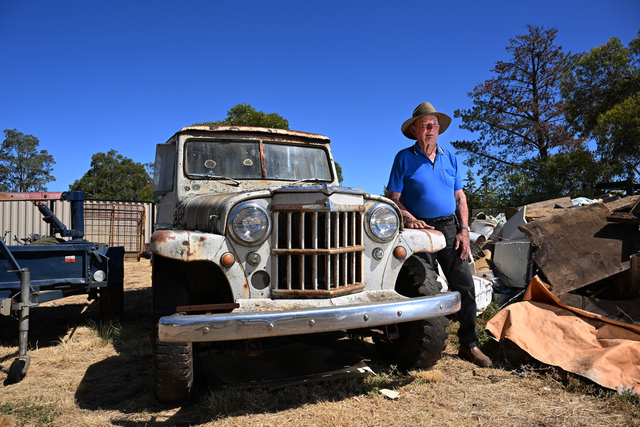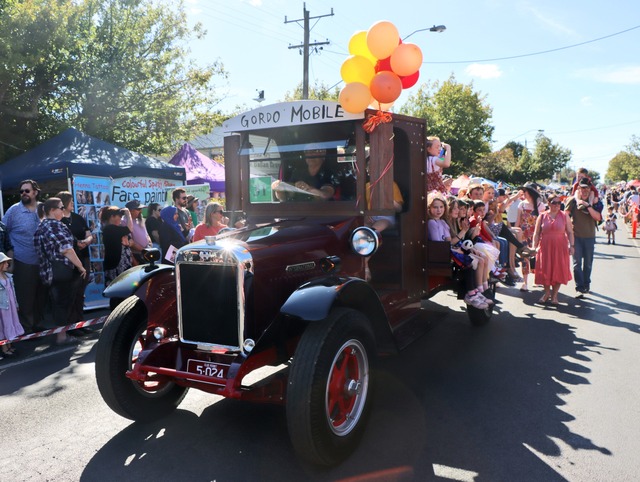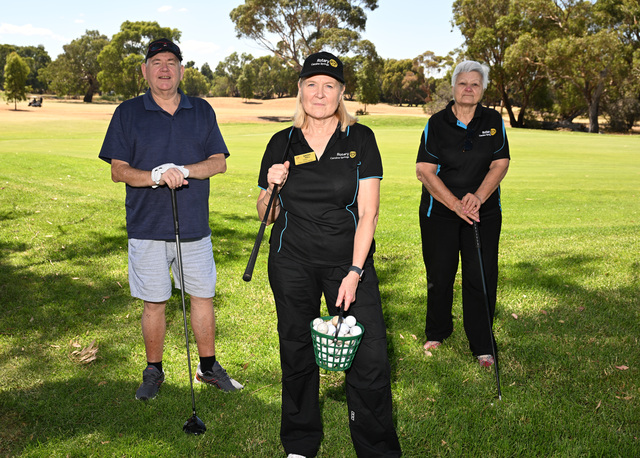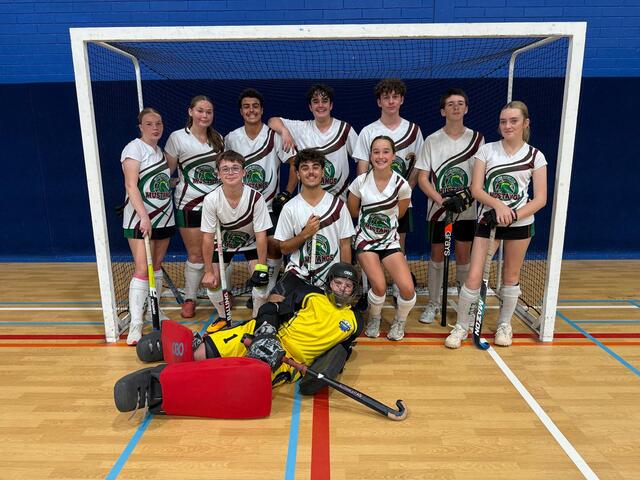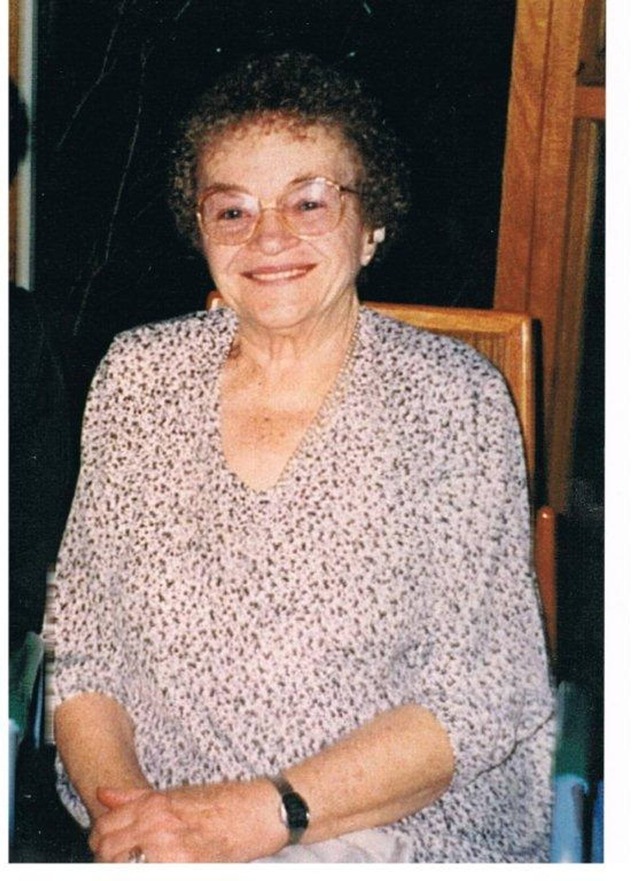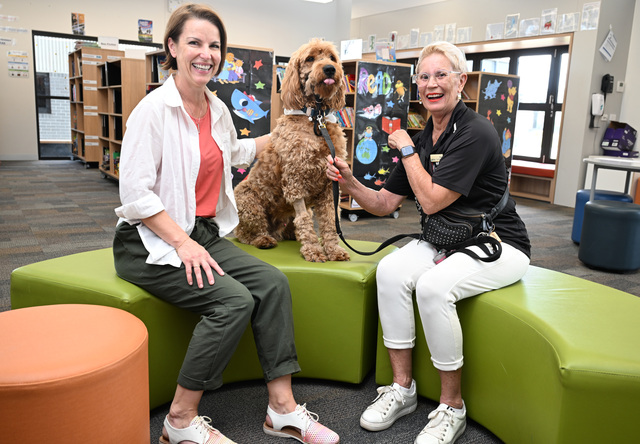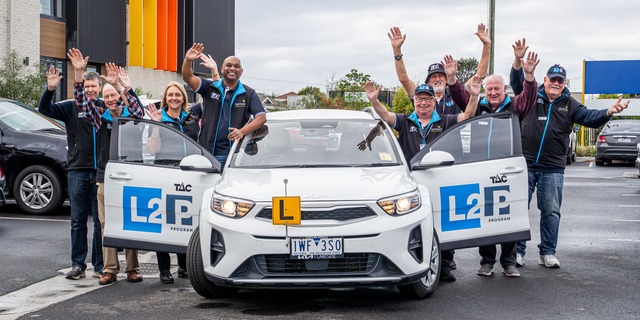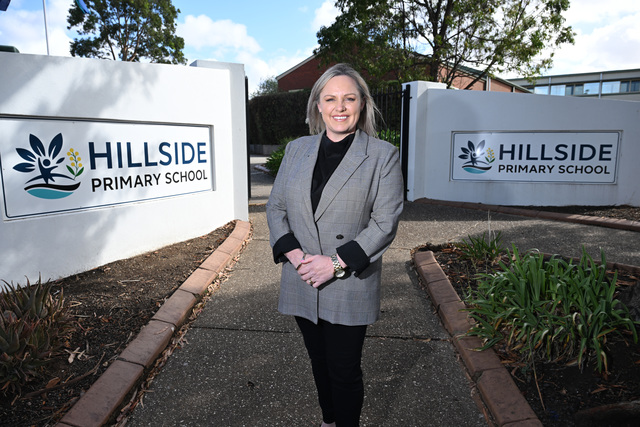There’s been a call-out for more female candidates to contest the local government elections. Sarah Harris does the council rounds.
IT wasn’t a case of smashing glass ceilings so much as windscreens which catapulted Kim McAliney to the helm of Victoria’s fastest-growing local government area.
“I had three windscreens broken commuting along this goat track between Sunshine and Truganina,” she recalls.
“They also had 30 or 40 buses a day going down this shocking road and I joined the Wyndham transport advisory committee because I was concerned about safety.
“I ended up involved in a major roads campaign, which led me to first stand for council.
‘‘I lost that first election, but I knew then I was in this for the long haul.”
If McAliney is a perfect poster girl to encourage women to stand in the October local government elections it’s because she has never considered her gender an impediment.
At 16, she made history by becoming the first female to join the men’s division of StJohns Ambulance because she didn’t want to have to wear a dress, as did the women nursing cadets in the then-segregated service.
“There are enough challenges in life without making what you wear one of them,” she laughs of her teenage stand.
For that reason she also tends to eschew the cumbersome robe of her current office as Wyndham mayor.
“I respect the history and the office by wearing the chain, but let’s face it, the robe is not terribly practical or approachable.”
Like McAliney, many women wind up standing for council as a logical extension of advocacy groups and community campaigns.
Sophie Ramsay, the longest-serving of Melton shire’s three female councillors, first decided to run for office in 2001 after spending five years raising funds for an all-abilities playground.
As the single mother to three girls, one of whom is disabled, and then carer to her grandmother, it could be said she had enough on her plate, but standing for council was very much Sophie’s choice.
“Everybody was a little shocked and worried,” Ramsay recalls of her decision to nominate. “They said things like: ‘Soph, you’ll get eaten alive’.”
Instead, she has thrived, twice-serving as Melton’s mayor, and she makes a compelling case for other women to join her.
“To me, local government isn’t a stepping stone; it’s the pinnacle, and I would love to see more women involved because women bring a lot of compassion and empathy to council.
“Women with different life experiences need to be part of the debate and discussion to make well-rounded policy for the whole of the community.”
That doesn’t mean it’s always a picnic. “Sure, there have been times when I’ve come home in tears and I haven’t been able to win an argument, but I just keep chipping away and usually those things I really care about get embedded in policies.”
They include the introduction of a child-minding rebate to make it a little easier for female councillors. The rebate can also be accessed by male councillors where the need arises.
Most councils now offer reimbursement for child-minding costs, which removes some of the financial disincentive for female candidates, particularly single mums and those without much family support.
That’s not to say the role doesn’t involve juggling demands of home and work, particularly in local government areas where the demographics throw up particular challenges.
There have been no women on Moorabool Council since former mayor Di McAuliffe stepped down in 2008 and she believes the fact many of the shire’s residents commute long distances to work is part of the reason.
“Moorabool is one of those councils where a majority of our working people actually leave the community to work,” McAuliffe observes.
“You have to then make a decision: Will I have the time to contribute to this role and maintain a job, for example, in Melbourne? Those are the sort of choices you have to make and they’re not always easy.”
She believes the remuneration — though admittedly better than during her years in office — is another factor which may influence who chooses to put their hand up to serve on council, particularly as mayor.
“I couldn’t do the mayor’s job part-time,’’ she says. ‘‘That was a full-time job, but back then there was no super, no WorkCover — basically just a stipend to cover costs.
“I loved what I did and I loved being in local government, but I frankly couldn’t afford to do it any more. I needed to earn a living.”
“You have to be sensible to yourself,” Macedon Ranges deputy mayor Henryka Benson agrees.
“There’s no point being on council if you are going to run yourself ragged.
“You have to ensure there are some demarcations between work and home so you can cope. It’s important to have a balance and council-free days.
‘‘There are sometimes engagements or appointments where you just have to say, ‘I’m sorry, I just can’t attend it’.”
And with a blended brood of seven children, including twins delivered halfway through the current council term, she knows what she’s talking about.
“A twin pregnancy comes with a multitude of complications so I had to be very careful,” Benson says.
“To put it in context, for the last six months of my pregnancy I was flat on my back on the fifth floor of the Royal Women’s.
“But having said that, because of modern technology I was able to have my laptop, have wireless broadband and have my mobile so people would still be contacting me on council issues — the potholes in their street and so on.
“I was still doing work on the strategic stuff, but I was literally bed-bound.”
But it’s not every woman who could face that situation with such equanimity.
As Ros Spence, the out-going mayor of Hume, puts it: “I think there are stages in life where it would be extremely challenging to take on this role.”
It really comes down then to an individual’s circumstance and the attributes required to make a good councillor, rather than their gender.
“There are a lot of things you need to be able to do to be an effective councillor,” Spence says.
“You need to be well-organised, you need to have a willingness to listen, you need to have a willingness to be co-operative, but ultimately what you need is a passion for the community and a desire to make positive change in the local community.”
Nominations for council candidates close at noon on September 25.

